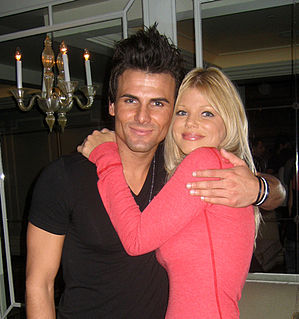A Quote by Peter Marino
If something's a high-margin product, I understand its importance to the store.
Quote Topics
Related Quotes
There is a bit of a problem with the match between derivative securities markets and the primary markets. We have long ago instituted principles, essentially high margin requirements, to prevent certain instabilities in the stock market, and I think they're basically correct. The trouble is that there's a linkage, let's say, between something like the stock market and the index futures markets, and the fact that the margin requirements are very different, for example, played some role in the October '87 crash.
It is better to buy from a small, privately owned local store than from a chain store. It is better to buy a good product than a bad one. Do not buy anything you don't need. Do as much as you can for yourself. If you cannot do something for yourself, see if you have a neighbor who can do it for you. Do everything you can to see that your money stays as long as possible in the local community.
It's really rare for people to have a successful start-up in this industry without a breakthrough product. I'll take it a step further. It has to be a radical product. It has to be something where, when people look at it, at first they say, 'I don't get it, I don't understand it. I think it's too weird, I think it's too unusual.'








































